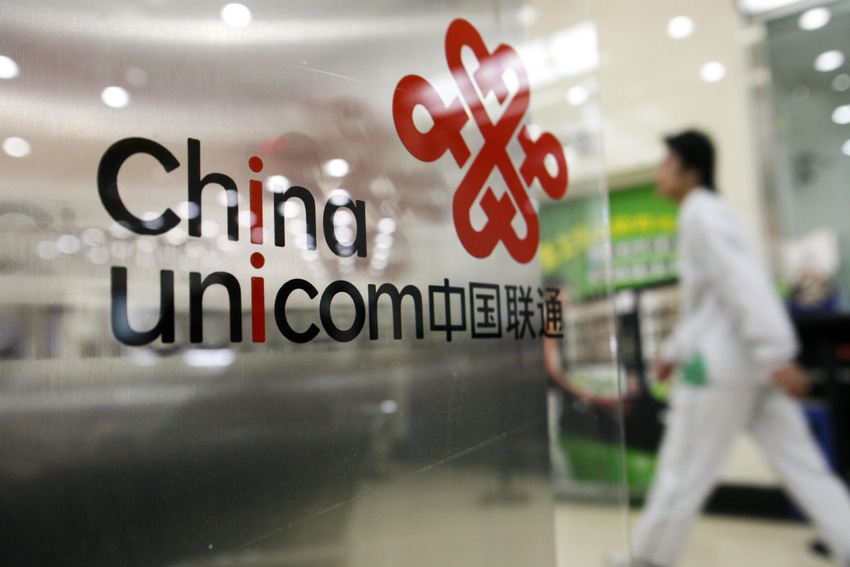China Unicom still seeking path to 5G growth
China's network operators last year clocked good growth from cloud and digital, but Unicom struggles to extract value from consumer 5G.

China might be setting the pace with the biggest 5G rollout and the largest number of subs, but the 805 million users there are as underwhelmed as consumers everywhere else.
Of course, the Chinese players work in a different environment, with their networks rolling out under government instruction rather than commercial decisions.
Thanks to their government backing, the Chinese operators have been able to grow fresh revenue streams from delivering cloud and digital enterprise services, including 5G.
According to China's Ministry of Industry and Information Technology (MIIT), operator revenue increased 6.2% last year to 1.68 trillion Chinese yuan (US$237 billion).
This includes emerging enterprise services, which accounted for 21% of gross income. Among them, cloud computing, big data and IoT revenue last year grew 40%, 43% and 23%, respectively.
Business has been especially good for the two largest operators, China Mobile and China Telecom, who've built out big cloud and computing network businesses. For good measure, their stocks have increased 19% and 6%, respectively, in the past year.
The smallest of China's big three network operators, China Unicom, has struggled both with legacy services and emerging digital opportunities.
Flat ARPU
So it's interesting to hear what Unicom boss Chen Zhongyue has to say about 5G. He told a results briefing at the end of last month that 5G is now a mature product and pointed to the big pool of 4G users on 5G plans as a source of future demand.
This is a huge number – some 500 million 4G users have upgraded to the better value 5G packages but have not upgraded their phones.
Chen said: "There is still a 'time difference' and a 'price difference' between 5G users and revenue, which brings opportunities and points out the direction for the company to further develop scale and value.
"First, there is a 'time difference' between business and network. Although 5G packages account for more than 70% of the industry, 5G network users account for just over 40%. The significant difference between package users and network users provides the company with huge potential space for user traffic management."
That seems true, but not terribly promising. Those 4G users are likely future 5G subs, but unless something changes, they're not going to deliver any more revenue than existing customers.
Unicom has certainly had trouble extracting economic value from 5G. Its reported mobile ARPU for the first half of 2023 was 44.8 yuan ($6.24) – exactly the same as it was in 2021.
Chen's other point is that the imbalance between traffic volume and income is merely a "price difference" caused by "the rapid growth of 5G traffic."
This is some pretty desperate spin. Chen knows the industry has been grappling with the chasm between flat revenue and the expanding firehose of traffic for years. It's not a price gap caused by 5G – it's a fundamental disjunction in the industry.
In classic China bureaucratese he admits Unicom – like most others – doesn't have any good answers.
"How to further promote in-depth and thorough value management will be an important issue for the company to enhance the value contribution of 5G users," he concluded.
Read more about:
AsiaAbout the Author(s)
You May Also Like












